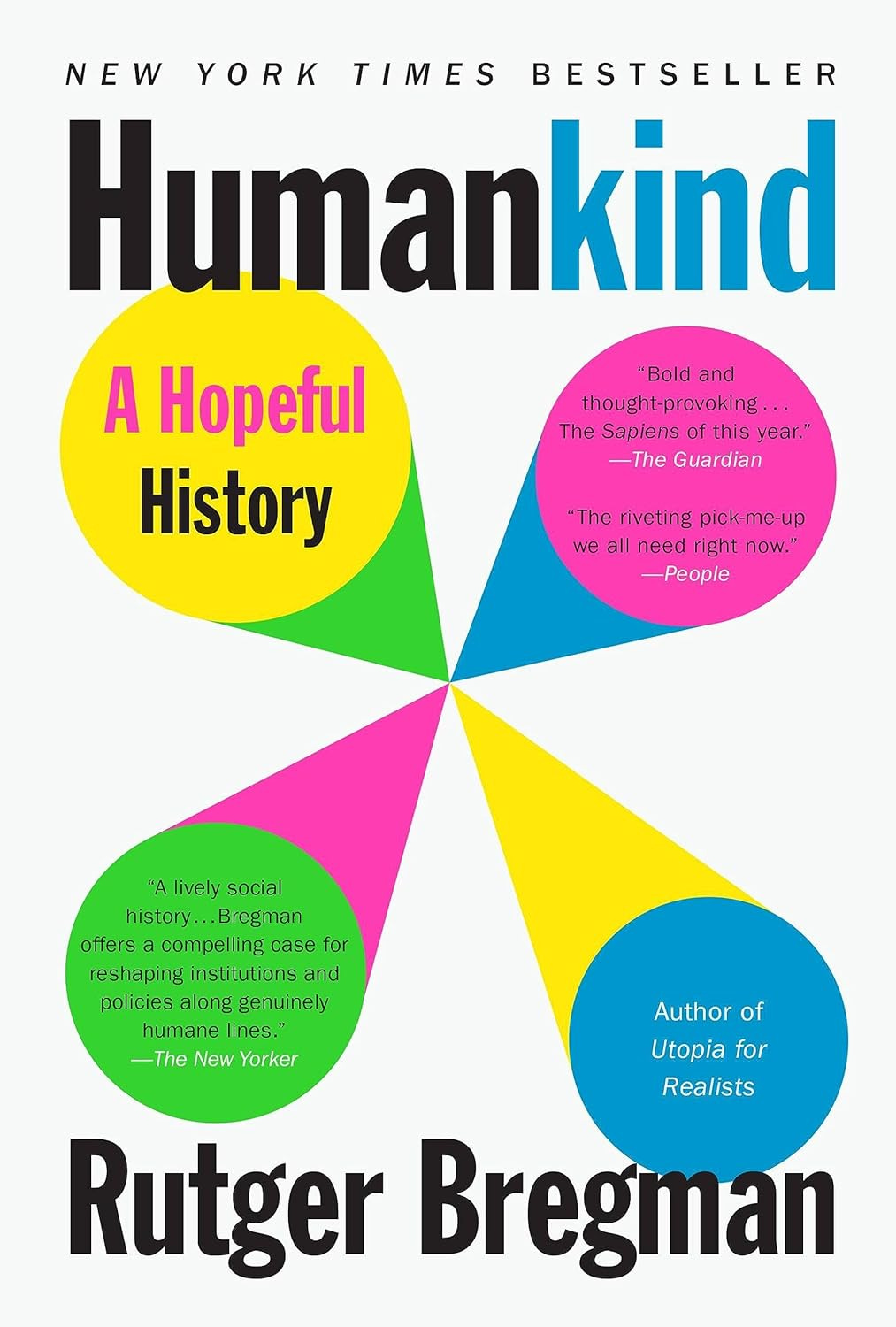Articles 📰
Anthropic CEO Dario Amodei pens a smart look at our AI future
Neither a doomer or a profiteer, Amodei talks in reasoned scenarios, not abstractions.
Banks and regulators warn of rise in ‘quishing’ QR code scams
HSBC, Santander and the US Federal Trade Commission concerned over email attacks that bypass cyber-defences
Carbone Wants to Conquer the World With a Red Sauce Empire
Major Food Group is shaping a global dining empire, merging the exclusivity of luxury brands with the buzz of celebrity culture.
San Francisco’s Hot Tourist Attraction: Driverless Cars
Cable cars are still trundling up the city’s hills, but robotaxis from Waymo are shaping up as the city’s latest must-do for visitors.
Every Company Needs to Put on a Show Like Apple
Steve Jobs’s annual product launches can be a surprisingly effective management tool—whether you’re in the business of tech or tacos
Where Will Rates End Up? Inside the Fed’s Chase for the Magic Number.
With the fed-funds rate at a target range of 4.75% to 5% today—well above most approximations of neutral—it’s an academic exercise. The debate could get contentious when rates near estimates of neutral.
Cohere adds vision to its RAG search capabilities
Cohere has added multimodal embeddings to its search model, allowing users to deploy images to RAG-style enterprise search.
What We’re Streaming 📺📲
The Reading List 📖📚
Humankind: A Hopeful History by Rutger Bregman
If there is one belief that has united the left and the right, psychologists and philosophers, ancient thinkers and modern ones, it is the tacit assumption that humans are bad. It's a notion that drives newspaper headlines and guides the laws that shape our lives. From Machiavelli to Hobbes, Freud to Pinker, the roots of this belief have sunk deep into Western thought. Human beings, we're taught, are by nature selfish and governed primarily by self-interest.
But what if it isn't true? International bestseller Rutger Bregman provides new perspective on the past 200,000 years of human history, setting out to prove that we are hardwired for kindness, geared toward cooperation rather than competition, and more inclined to trust rather than distrust one another.
Don’t be a stranger
Thanks for reading and if you have a suggestion for an article or book we should read, or a stream we should catch, email us at info@tematicaresearch.com. The same email works if you want to know more about our thematic and targeted exposure models listed below.
The Strategies Behind Our Thematic Models
Aging of the Population - Capturing the demographic wave of the aging population and the changing demands it brings with it.
Artificial Intelligence – Software, chips, and related companies that facilitate the collection and analysis of large data sets and autonomous generation of solutions given non-machine language prompts.
Cash Strapped Consumer - Companies poised to benefit as consumers stretch the disposable spending dollars they do have.
CHIPs Act – Capturing the reshoring of the US semiconductor industry and the $52.7 billion poised to be spent on semiconductor manufacturing.
Cloud Computing – Companies that provide hardware and services that enhance the cloud computing experience for users, such as co-location, security, and edge computing.
Core Holdings – Companies that reflect economic activity and are large enough to not get pushed around by day-to-day market trends. Low-beta, large-cap names able to better withstand economic turmoil.
Cybersecurity - Companies that focus on protecting against the penetration of digital networks and the theft, ransom, corruption or destruction of data.
Data Privacy & Digital Identity - Companies providing the tools and services that verify authorized users and safeguard personal data privacy.
Digital Infrastructure & Connectivity -The buildout and upgrading of our Networks, Data Storage Facilities, and Equipment.
Digital Lifestyle - The companies behind our increasingly connected lives.
Digital Payments - This model focuses on companies benefitting from the accelerating structural adoption of digital payments and financial technology (FinTech).
EPS Diplomats - Profitable large capitalization companies proven to produce above-average EPS growth and provide investors with the benefit of multiple expansion.
EV Transition - Capturing the transition to EVs and related infrastructure from combustion engine vehicles.
Guilty Pleasure – Companies that produce/provide food and drink products that consumers tend to enjoy regardless of the economic environment and potential long-term health hazards associated with excessive consumption.
Homebuilding & Materials – Ranging from homebuilders to key building product companies that serve the housing market, this model looks to capture the rising demand for housing, one that should benefit as the Fed returns monetary policy to more normalized levels.
Luxury Buying Boom - Tapping into aspirational buying and affluent buyers amid rising global wealth.
Market Hedge Model – This basket of daily reset swap-based broad market inverse ETFs protects in the face of market pullbacks, overbought market technicals, and other drivers of market volatility.
Nuclear Energy & Uranium – Companies that either build and maintain nuclear power plants or are involved in the production of uranium.
Rebuilding America - Turning the focused spending on rebuilding US infrastructure into revenue and profits.
Safety & Security – Targeted exposure to companies that provide goods and services primarily to the Defense and security sectors of the economy.
Space Economy – Companies that focus on the launch and operation of satellite networks.
The Strategies Behind Our Dividend Income Models
Monthly Dividend Model – Pretty much what the name says – this model invests in companies that pay monthly dividends to shareholders.
ETF Dividend Model – High-yielding ETFs that provide a range of exposures from domestic equities, international equities, emerging market equities, MLPS, and REITs.
ETF Enhanced Dividend Model – A group of high-yielding ETFs that utilize options to enhance yield through collecting option income.
Don’t be a stranger
Thanks for reading and if you have a suggestion for an article or book we should read, or a stream we should catch, email us at info@tematicaresearch.com. The same email works if you want to know more about our thematic and targeted exposure models listed below.






